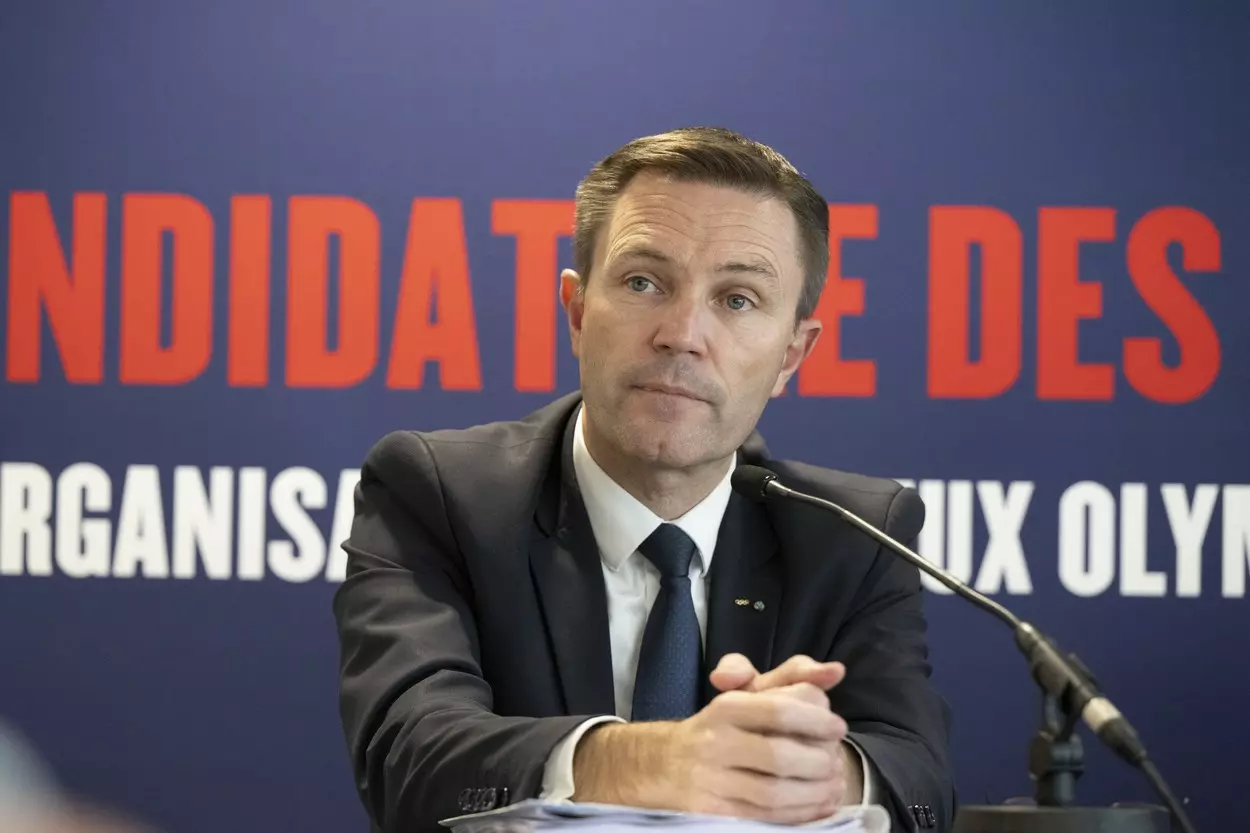In a recent interview with DirectVelo, Lappartient discussed the dual objectives driving these proposed changes: generating new financial streams for cycling and lessening the sport’s environmental footprint. This comes amidst growing concerns over the extensive travel involved in the current calendar, spanning numerous countries and continents.
The UCI’s leadership, under Lappartient, is also navigating a complex landscape marked by whispers of a cycling ‘Super League’ and external investment possibilities, such as from the Saudi Arabian PIF sovereign wealth fund. Lappartient, in his DirectVelo interview, draws parallels between this scenario and the fleeting power struggle in European football, emphasizing the UCI’s ongoing dialogue with teams and event organizers to avoid similar conflicts in cycling.

“There are five teams which dominate the WorldTour, and so we have a second peloton which follows behind them. If the first peloton focuses on itself, we risk having an absolutely enormous difference,” Lappartient highlighted, acknowledging the dominance of teams like UAE Team Emirates, Jumbo-Visma, and Ineos Grenadiers.
He suggests potential reforms, such as salary caps, to equalize competition. The UCI aims to restructure the race calendar, making it more streamlined and logical, with changes potentially starting in 2026. This revision could encompass major Classics and shorter WorldTour stage races, though the three Grand Tours would remain unaffected.
Lappartient referenced the rescheduled 2020 editions of the Tour of Flanders and Paris-Roubaix, which took place in October due to the COVID-19 pandemic, noting their exceptional viewership. He suggests such scheduling could be revisited, though not definitively.
Central to the UCI’s 2030 Agenda is a significant reduction in carbon emissions by 2030. Lappartient proposes using electric vehicles and optimizing the race calendar to minimize unnecessary travel. He envisions a more cohesive schedule that logically progresses through different regions, reducing the frequency of long-distance transfers and thus lowering the sport’s carbon footprint.
In conclusion, Lappartient’s vision for the future of WorldTour cycling encapsulates a blend of environmental responsibility and strategic economic planning, striving for a sustainable and equitable future for the sport.




